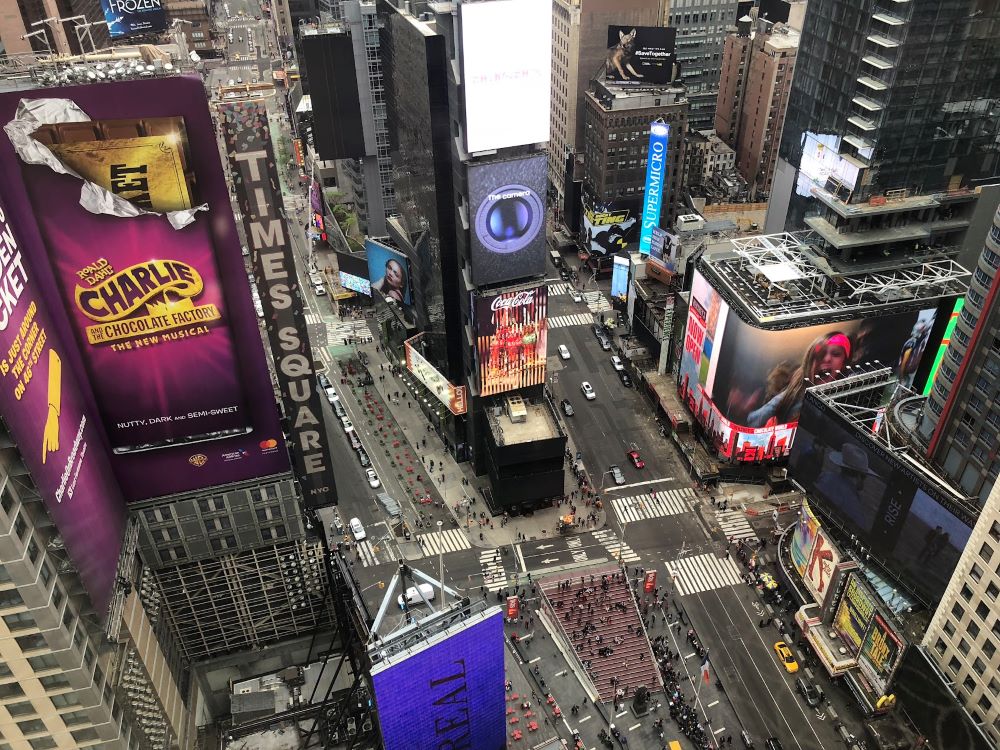It was early in the plot when Daniel Abayev joked to his hacker confidante Aleksandr Derebentc: "I know the Pentagon is being hacked. So can't we hack the taxi industry?"
In a lawsuit that exposed security systems at one of the world's busiest airports, two New York taxi drivers have been convicted for their role in a sophisticated hack of the taxi-hailing system at John F. Kennedy International Airport. Daniel Abayev and Peter Leyman, both US citizens living in New York, were given prison sentences of four and two years respectively, followed by three years of parole.
The pair pleaded guilty conspiracy to commit computer intrusion in October 2023. Their criminal enterprise, which ran from September 2019 to September 2021, included collaboration with two Russian nationals, Aleksandr Derebenetc and Kirill Shipulin, who remain at large. These hackers breached JFK's taxi-hailing system and manipulated the order in which taxis were dispatched to the terminals, allowing drivers who paid them to bypass the long queue. According to authorities, up to 1.000 taxis were brought forward each day, each time paying $10 to skip the line.
These actions not only disrupted the fair order of services, but also dealt a financial blow to the Port Authority of New York and New Jersey, which suffered more than $3,4 million in losses as a result of the fraud. The hackers' method involved several tactics, including using a Wi-Fi connection, stolen tablets connected to the on-call system, and bribing an employee to install malware on system-connected computers.
During the court hearing in Manhattan Federal Court, Judge Paul Crotty emphasized the seriousness of the crimes by sentencing Abayev, identified as the mastermind of the operation, and Leyman, who collected the payments. The case highlights the vulnerabilities in critical infrastructure systems and the consequences of cybercrime. Abayev and Leyman's scheme led to a large number of taxi drivers skipping the taxi queue. During the scheme, they enabled up to 1.000 fraudulently expedited taxi rides per day.

The Manhattan court, led by Judge Paul Crotty, heard Leyman's defense, arguing that he played only a minor role in the scheme. His attorney, Jacob Kaplan, highlighted Leyman's financial desperation and the impact of competing services like Uber and Lyft on his earnings. Nevertheless, the judge emphasized the seriousness of the crimes and rejected the request for house arrest.
Leyman's defense tried unsuccessfully to commute his sentence to house arrest, citing his health and financial problems. His attorney, Jacob Kaplan, described Leyman as “the least guilty and least knowing member” of the conspiracy, plunged into financial despair from competition from Uber and Lyft and losses during the pandemic. Kaplan also criticized the Port Authority's outdated and unsafe system, although he emphasized that this does not imply victimhood.
Matthew Myers, Abayev's lawyer, portrayed his client as a loving husband and father who, by collecting a small amount of money from friendly taxi drivers, was hardly "organizing." However, the Port Authority has suffered significant financial damage and emphasizes the need for strengthened security and system upgrades to prevent recurrence.




